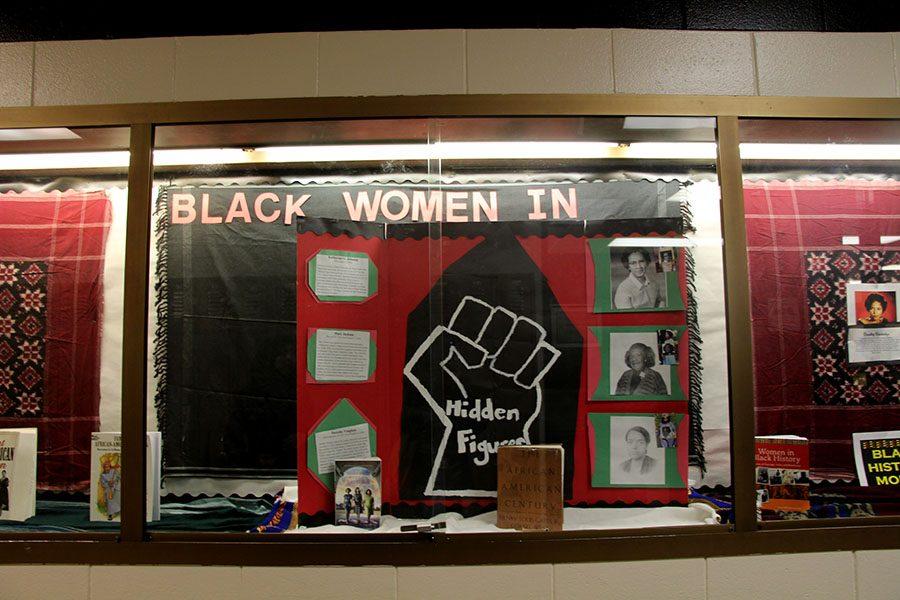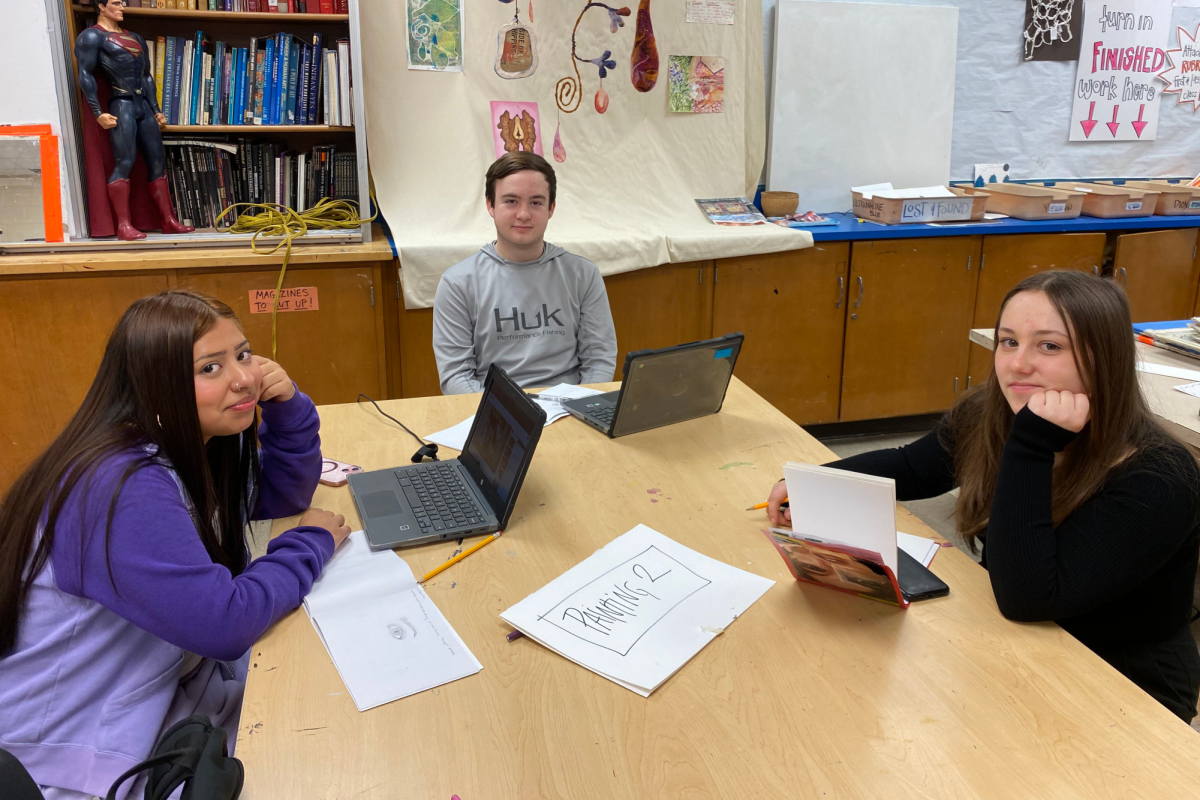Black History Month is over- where was the recognition?
February 28, 2017
As February comes to end so does Black History Month. Many students have felt Black History Month has been neglected and teachers have failed to incorporate it into the classroom. Black history is a topic that is important for not only black students, but for all students to learn. With an often white washed curriculum, the contributions of black people in history can be overlooked.
Dr. Carter G. Woodson founded the month and is therefore known as the father of Black History Month. Woodson and his friends created the Association for the Study of Negro Life and History and he then proposed Negro History Week in 1926. He chose the week between Abraham Lincoln’s and Fredrick Douglas’ birthdays. This was later turned into Black History Month in 1976. Woodson wanted to make a Black History Month because Black people’s accomplishments were being left out and black history was taught in discriminatory ways.
Many teachers argument for not recognizing Black History Month is that they don’t want to limit it to one month. “We don’t think we should simply have one month of the year where we focus on African American history,” explains Robert Panning-Miller, a world history teacher.
Erick Taggart, a social studies teacher, explained how doing something for Black History Month needs effort. He said, “If I’m being honest I need to make sure that we’re injecting that, [black history], more than just what is in the curriculum.” An argument that contradicts with what the other teachers were saying was: “We have other students, if you look at our class it’s not just people from Africa,” said Elliott Hanson, a social studies teacher. “There aren’t just black students in a class and the students are aware of that no one is saying only teach black history. What students want is for everyone to be represented.”
Adam Danami, a freshmen, explained how he hasn’t learned anything about Black History Month in his classes. “I feel like it’s weird, especially for a school like South, where it’s so diverse,” he said. Sophomore Ciara Williams, explained how she feels like she has to bring it up Black History Month for it to be recognized and said, “They try to teach us bits and pieces of it, but it’s not enough, this is our month. They should teach us this [stuff] everyday until this month is over.”
Many teachers say that they teach black history throughout the whole year. However, some black students’ ideas differ. “I don’t agree that they do it all year because if they did it the whole year, we wouldn’t be having this conversation,” explained sophomore Sierra Mitchell. If black history was represented in history classes in a positive way black people wouldn’t need to stress the importance of Black History Month. “This is the one month out of the year that black people get recognized,” said freshman Antiquita Flint.
Often in school students are taught the same history and learn the same thing over and over again. Black students learn more about the hardships black people faced than the successes black people have had, says some black students. “More on black people’s successes and not our struggles,” said Mitchell “They will teach us the political stuff about white people but won’t teach us about black people that saved so many slaves because they were a criminal,” explained Flint
In freshmen world history class, they are on their Africa unit and learning about the different kingdoms in Africa. “I’m doing this unit not because it’s Black History Month, but because it’s important,” explained Laura Lanik, social studies teacher. Although it’s not being taught because of Black History Month, black history is being taught in the school.
In other parts of the school, Black History Month was being celebrated. Taggart explains how after a student in his avid class brought up that they weren’t doing anything for Black History Month, “we decided to organize and have it so each student was presenting a different kind of fact [about black history] like bringing in a different detail: a person, an event, a particular invention.” UMOJA created a display recognizing black woman in history across from the Office. UMOJA advisor Saida Hassan a counselor for gear up, explained how “that’s one of our responsibilities of UMOJA, to display Black History Month.” They decided to do black woman in history because “the students were talking and Hidden figures was on topic and they were like ‘we never knew about this…let’s point out hidden figures but also point out women who have contributed to the history.’”
Black history is an important yet often forgot about part of American history. Black History Month was created as a way to stop erasing Black people’s role in this country. “Black people helped make this country what it is today,” explained Mitchell. Black people need to be represented and portrayed in a way that uplifts them. “We already get enough criticism having to deal with a society like that. Our school should be trying to empower black kids, teach us our history that encourages us,” said Flint





